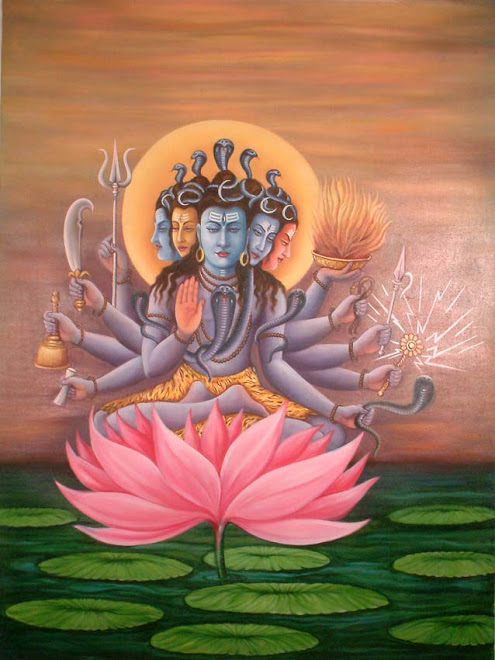Says Henry Higgens and me.
Of course, he created a lady. I just read 52 books. Plus one extra for good measure. And there are still two days left. Who knows what I can do if I hurry (and do nothing else for 48 hours).
 #52 Three Wishes, by Liane Moriarty
#52 Three Wishes, by Liane MoriartyAnother accomplishment this year -- I've read the complete oeuvre of Liane Moriarty, Australia's hot chick lit author. It's good chick lit (she protests), well written, often insightful, with interesting characters and compelling narratives that keep you turning pages. Her more recent books are much better than her earlier ones; you can actually see her learning from book to book. This is one of the earlier books, so it feels thinner than the later ones like Big Little Lies and The Husband's Secret (still my favorite). It's the story of three sisters, triplets in fact, who are celebrating their 33rd birthday against a rather tumultuous background. They fight, they suffer, they make up, they meet men, they lose men... the usual stuff. It's good entertainment, but not nearly as good as her later novels.
#53 Offcomer, by Jo Baker
I picked this up because I liked her latest, Longbourn, so much. This book was published here because of Longbourn's success, and it doesn't do Baker's reputation any good.
 Offcomer is Baker's first novel, and it is also the Lancashire dialect's word for "newcomer." It's a slim story of a young woman who is lost in the world, caught in a sad, empty relationship with a pompous academic, nearly friendless, living in a strange city, working a dead-end job. To say that Claire suffers from low self-esteem would be putting it mildly. She cuts herself, bites her lips, pulls at her cuticles until they bleed, describes herself as ugly...she is so unkind to herself you want to call the cops to come take her away for cruelty.
Offcomer is Baker's first novel, and it is also the Lancashire dialect's word for "newcomer." It's a slim story of a young woman who is lost in the world, caught in a sad, empty relationship with a pompous academic, nearly friendless, living in a strange city, working a dead-end job. To say that Claire suffers from low self-esteem would be putting it mildly. She cuts herself, bites her lips, pulls at her cuticles until they bleed, describes herself as ugly...she is so unkind to herself you want to call the cops to come take her away for cruelty.The back-cover blurb says that it's set against the "backdrop of The Troubles in Northern Ireland." But there is literally not one mention of those Troubles. It also says she is "stunned by the recent emergence of secrets from her mother's past." The secrets are fairly lame, and in fact I had a hard time seeing why they were of any importance at all. It also says the book is "an honest and affecting work of real and quiet power." No way. It's rather dull and very depressing. There's a sense of repetition that becomes drone-like: "Claire knew she was a freak. She'd been born and grown up and lived her life so far without a skin. There didn't seem to be a line where she stopped and everything else began. Her surface was smudged and pulpy, too permeable." We get it. We get it.
Or check this out for unvarying sentence structure: "She heaved herself up off the bed, bent down again, slid her hand under a heap of clothes and crushed them up against her chest. She walked stiffly over to the chest of drawers. She opened each drawer in turn, then closed each of them again. Every one of them was full. Slowly, she turned to the wardrobe...She looked back across the room at the dark open mouth of her rucksack...She pushed the rucksack back into the corner. She picked up her mug..." I think I missed something because I was lulled to sleep.
Repetition can sometimes be powerful, it can build, it can ratchet up tension and emotion. In this case it's more like endless reportage. She did this, she did that, she did that again. Someone wake me up, please.
The book, like Claire, starts to seem trite. It feels like the same growing up all of us do, the same insecurities we conquer, the same low self worth we battle. Nothing pulls it out of the ordinary or makes it worth reading. Thank goodness Baker's talents grew.




